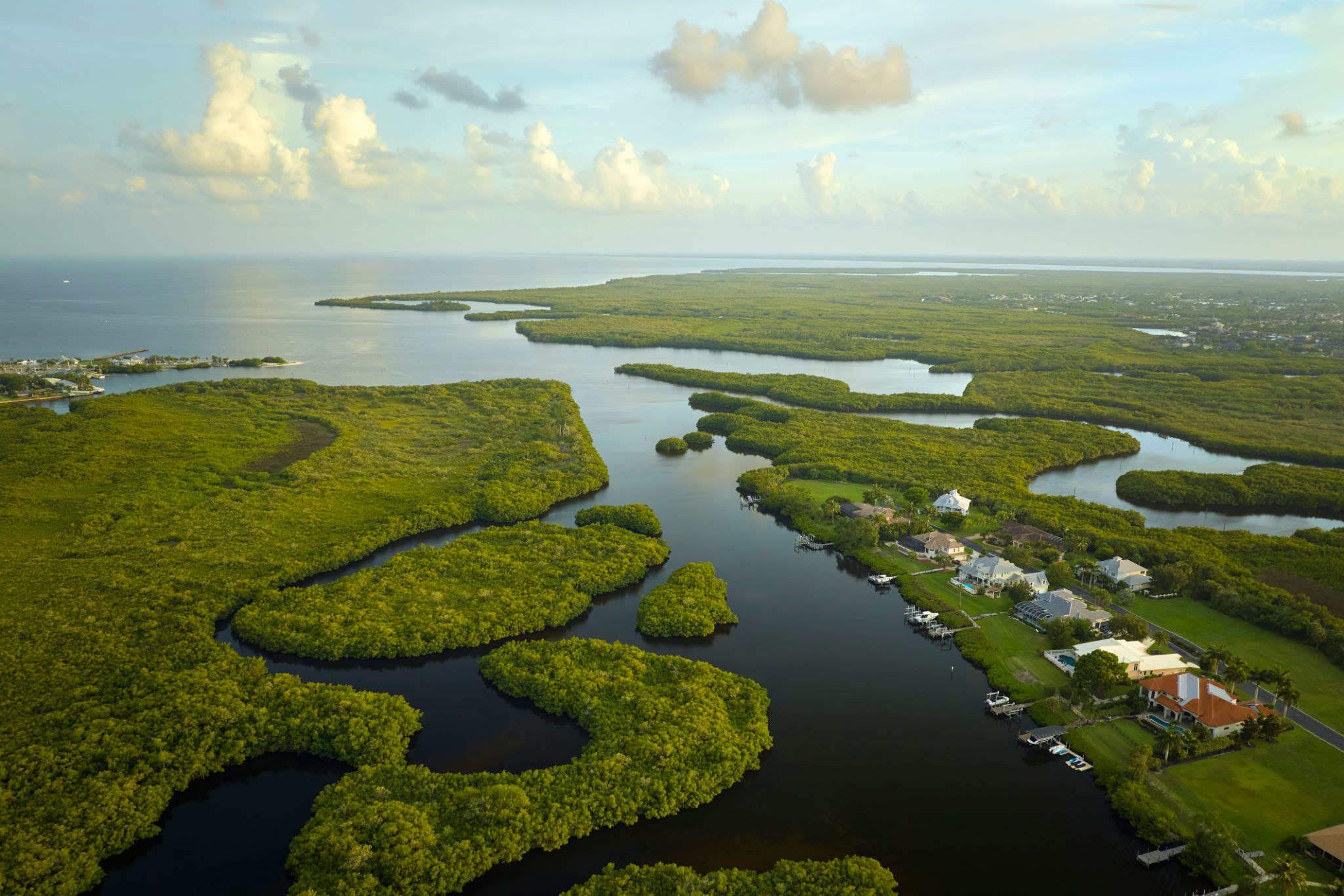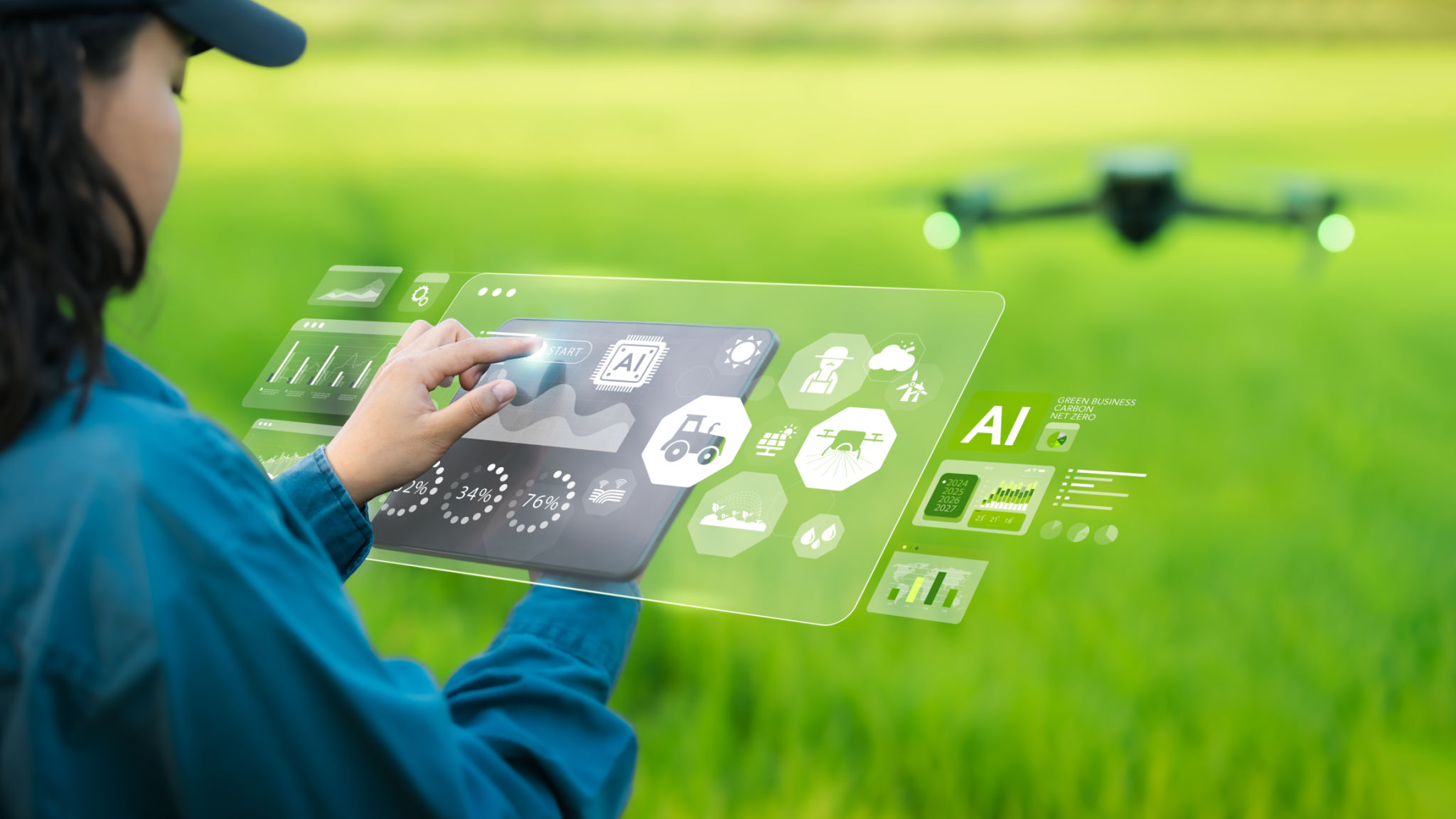Integrating AI with Nature: The Future of Sustainable Tech in Florida
Integrating AI with Nature: A Path to Sustainability
As digital transformation sweeps across industries, the intersection of technology and nature presents intriguing possibilities. In Florida, a place renowned for its diverse ecosystems, the integration of AI with natural environments is paving the way for innovative sustainable technologies. This synergy is not only reshaping local industries but also fostering a future where technology serves as a steward of the environment.

Harnessing AI for Environmental Monitoring
Florida's unique landscapes, from the Everglades to its extensive coastline, require vigilant monitoring to preserve their biodiversity. AI technologies are increasingly being utilized to gather and analyze environmental data. Machine learning algorithms can process vast amounts of data from sensors and satellites, offering real-time insights into ecosystem health. These insights enable timely interventions, helping to protect endangered species and mitigate the impact of climate change.
Moreover, AI-powered drones and autonomous vehicles are enhancing conservation efforts. They can access remote areas, collecting data that would be impossible or too costly to gather manually. By providing a clearer picture of ecological trends, these technologies contribute significantly to sustainable development efforts in the state.

Smart Agriculture: AI's Role in Sustainable Farming
Agriculture is a cornerstone of Florida's economy, and AI is playing a crucial role in making farming practices more sustainable. AI-driven analytics help farmers optimize resource use, such as water and fertilizers, ensuring maximum yield with minimal environmental impact. These technologies also allow for precision agriculture, where crops are monitored at the individual plant level, reducing waste and enhancing productivity.
Additionally, AI systems can predict weather patterns and pest outbreaks, enabling farmers to take proactive measures. This not only boosts crop resilience but also reduces reliance on chemical treatments, aligning agricultural practices with ecological sustainability goals.

Renewable Energy: The Power of AI
Florida's commitment to renewable energy sources is strengthened by AI innovations. Smart grids powered by AI optimize energy distribution and consumption, reducing waste and enhancing efficiency. These grids can balance energy loads more effectively, integrating renewable sources like solar and wind into the broader energy network.
Furthermore, AI algorithms are instrumental in predicting energy demand and managing storage systems. This capability ensures that renewable energy is available when needed, supporting Florida's transition to a greener energy landscape.

Urban Planning: AI for Sustainable Cities
In urban areas, AI is revolutionizing how cities are planned and managed. By analyzing data on traffic patterns, air quality, and resource usage, AI can help design smarter cities that minimize environmental impact. These technologies facilitate adaptive infrastructure that responds to the needs of both residents and the environment.
For example, AI can optimize public transportation routes to reduce emissions and enhance efficiency. It can also support waste management systems by predicting waste generation patterns and optimizing collection routes. These innovations are essential for developing sustainable urban environments in Florida's rapidly growing cities.
In conclusion, integrating AI with nature represents a promising frontier in sustainable technology. Florida serves as a living laboratory where these innovations are tested and refined. As we continue to harness the power of AI in harmony with our natural world, we pave the way for a future where technology not only coexists with nature but actively protects and enhances it.